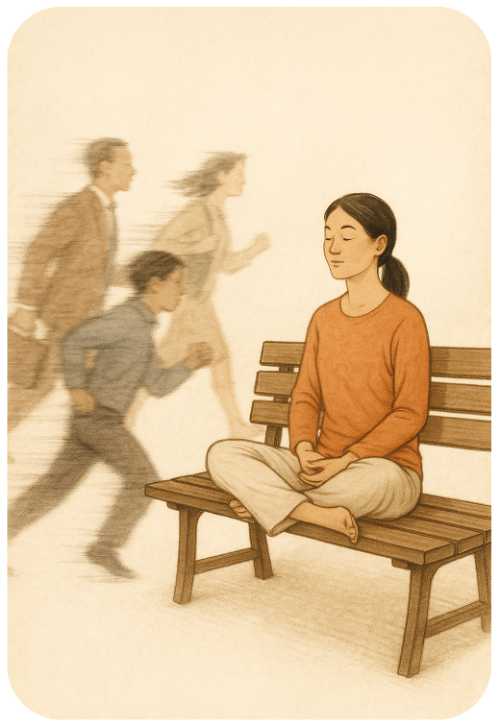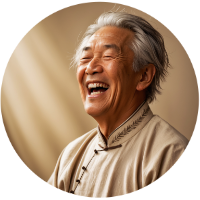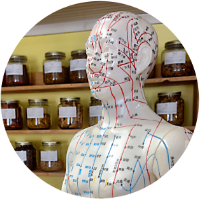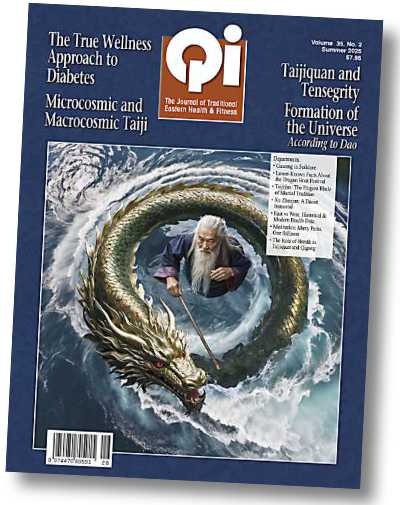Why Wait?
Make the Change Before the Crisis
It’s a story doctors and practitioners hear all the time: someone receives a frightening diagnosis—a heart issue, a cancer scare, a warning of prediabetes—and suddenly their lifestyle changes overnight. Out go the sugary snacks, the takeout, the midnight emails. In come the vegetables, the yoga mat, the early bedtimes.
There’s no question that illness has the power to shake us awake. But why does it so often take a health crisis to spark change?
 Part of the answer is human nature. We live in the now. If we feel fine today, it's hard to imagine that small habits—skipping meals, staying up too late, constant stress—might slowly be pushing us toward imbalance. The future is abstract; the present is immediate.
Part of the answer is human nature. We live in the now. If we feel fine today, it's hard to imagine that small habits—skipping meals, staying up too late, constant stress—might slowly be pushing us toward imbalance. The future is abstract; the present is immediate.
But Traditional Chinese Medicine (TCM) offers a different perspective—one centered not on reacting to illness, but preventing it. This ancient system teaches that health is a dynamic balance maintained through everyday choices. A famous saying from the "Huangdi Neijing" (a foundational text of traditional Chinese medicine) reminds us: “The superior physician treats illness before it arises.”
This isn’t about paranoia or giving up joy. It’s about becoming aware of patterns—feeling when your energy is off, noticing how your digestion responds to stress, or recognizing when sleep isn’t refreshing. TCM encourages us to act early, when symptoms are whispers, not alarms.
Prevention also means nurturing your body according to the seasons. In winter, we’re meant to slow down, conserve energy, and eat warming foods. In spring, we gently detoxify and move more. When we align with these rhythms, we support our qi and reduce the strain on the organs most vulnerable during each time of year.
In modern terms, we might call this “listening to your body,” but it goes a little deeper. It’s not just about reacting to discomfort—it’s about living in a way that supports long-term resilience, even when life feels fine on the surface.
The challenge, of course, is that these changes take effort. And without a pressing reason—like a test result or a loved one’s illness—it’s easy to delay. “I’ll start walking after work once things calm down.” “I’ll eat better after the holidays.” “I’ll get more sleep when the kids are older.” Time slips by, and the window for graceful prevention narrows.
But here’s the gentle truth: it’s far easier to make small changes now than big changes later. Once the body has slipped into imbalance, the path back to wellness is longer and more complicated. Prevention isn’t just about avoiding illness—it’s about preserving energy, clarity, and quality of life.
So don’t wait for a wake-up call. Start where you are. Go to bed a little earlier. Eat something warm in the morning. Take a walk, even if it's just around the block. Choose habits that nourish you—not because something is wrong, but because it’s worth protecting what’s right.
TCM doesn’t promise immortality. But it does offer this gift: a way of living that honors the present while gently preparing for the future.









